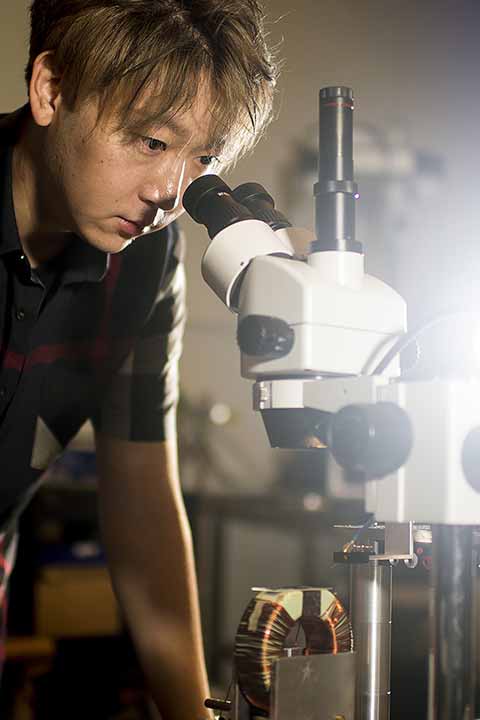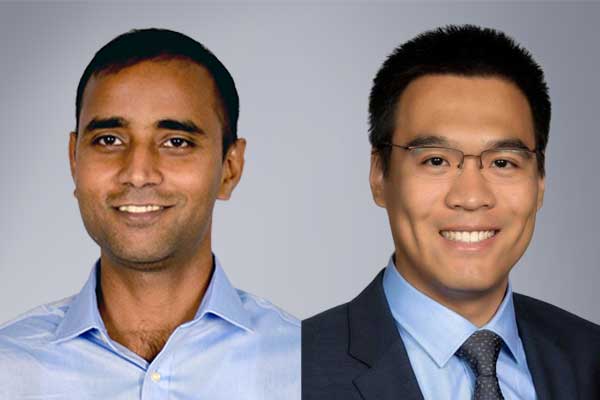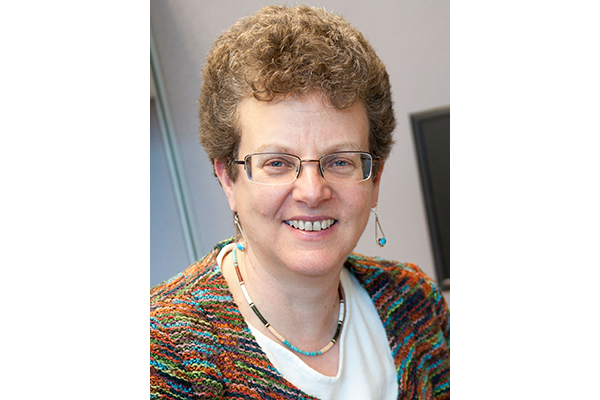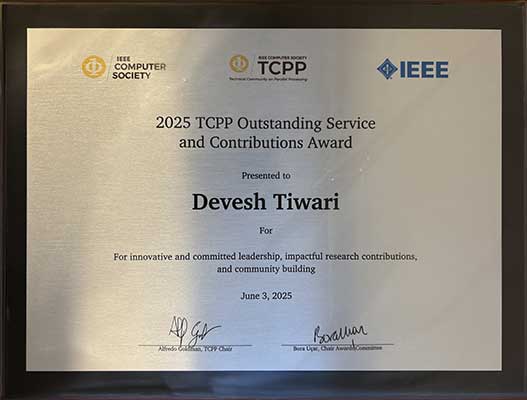
Research
Collaborative and Interdisciplinary Research
The Electrical and Computer Engineering department nourishes a vibrant research environment motivated by our dedicated faculty and graduate students. Our research programs are funded by many government agencies, including the National Science Foundation (NSF), the National Institute of Health (NIH), the Office of Naval Research (ONR), the Air Force Office of Scientific Research (AFOSR), Defense Advanced Research Projects Agency (DARPA), Department of Homeland Security, and numerous local and national industries.
Research activities at the ECE Department can be classified by research areas and by research centers and institutes. The department offers eight research areas of focus and is either the lead or partner of nine research centers and institutes.
Faculty also conduct research in their labs. View faculty profiles to learn about their research, including work being conducted in their laboratories. Also, view our Annual Reports and college-wide research efforts.
Quick Facts
external research awards (FY2024)
tenured/tenure-track faculty
research centers and institutes (leading or affiliated with)
Research Strengths
Our research strengths encompass the full gamut of cutting-edge ECE technologies: embedded systems and internet-of-things, robotics and cyber-human systems, networking (mobile/wireless as well as the Internet of the future), big data analytics and machine learning. Northeastern’s historic strengths in ECE include communications and digital signal processing, power and control systems, power electronics, RF/microwave magnetic materials, device technologies, and computer engineering.
Biomedical Research and Collaborations
Northeastern ECE faculty are engaged in a range of biomedical projects in collaboration with fellow world-class researchers in the Boston-area medical community. These projects span all disciplinary areas and include MEMS/NEMS sensors for biological detection; applications of wireless technology in biomedical implants; biomedical imaging hardware and signal processing; brain-computer interface technologies; disease detection and tracking; and many more.
Recent News

Patent for a Scalable and Sustainable Approach to High Performance Computing
ECE Associate Professor Cristian Cassella was awarded a patent for developing a “Low power Ising system.”

Shrivastava and Zheng Receive MassCEC Funding for Climate Tech Advancement
ECE Associate Professor Aatmesh Shrivastava’s start-up, Think Analog, Inc., and MIE Associate Professor Yi Zheng were each awarded $75,000 as part of a $4.5 million Massachusetts Clean Energy Center (MassCEC) investment for 23 clean energy and climate technology projects.

Optimizing Training Signals for Millimeter Wave Power Amplifier Modeling
ECE Professor Miriam Leeser’s research on “Training Signal Optimization for Behavioral Modeling and Digital Predistortion of RF Power Amplifiers” was published in IEEE Microwave Magazine.

Tiwari Receives 2025 IEEE TCPP Outstanding Service Award
ECE Associate Professor Devesh Tiwari was awarded the 2025 IEEE Technical Community on Parallel Processing (TCPP) Outstanding Service and Contributions Award for “innovative and committed leadership, impactful research contributions, and community building.”